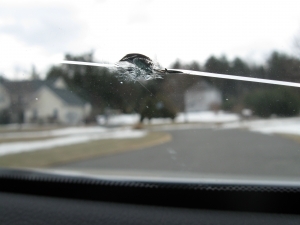In some Fort Lauderdale felony defense cases, the defendant can be ordered to pay restitution and compensation to any victims who may be involved.

In traffic cases, if you are or were an insured driver, depending on your policy, it’s possible that your insurance company may cover your restitution costs. If you weren’t insured or if the insurance won’t cover that amount, you will be expected to pay it out-of-pocket. This is separate from any compensation you may be compelled to pay as part of any civil lawsuits brought against you by the victims.
Keep in mind that if you are found guilty in the criminal case, that information can be used against you in subsequent civil action. Another reason to invest in an experienced Fort Lauderdale defense lawyer.
Continue reading
 Fort Lauderdale Criminal Attorney Blog
Fort Lauderdale Criminal Attorney Blog












